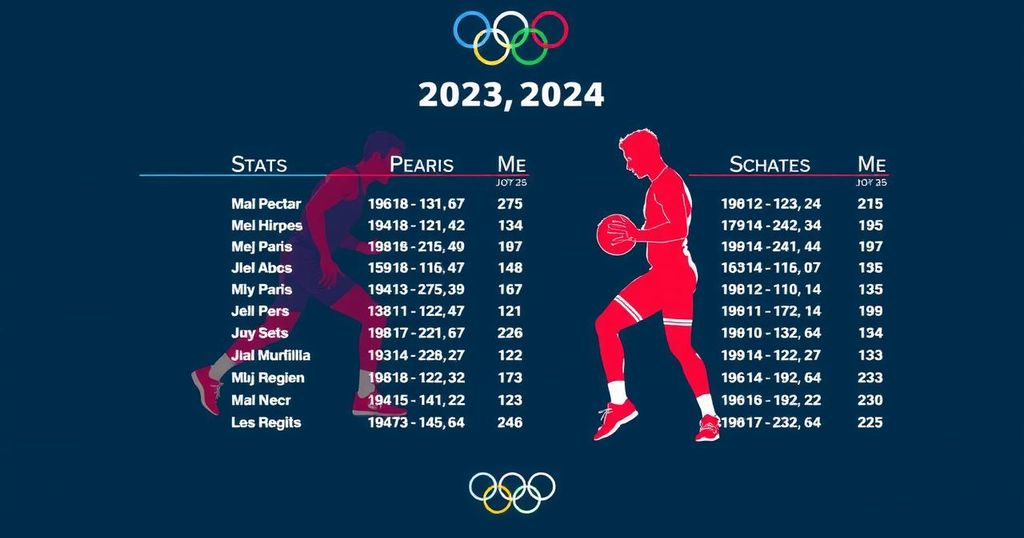2024 Paris Olympics: A Comprehensive Look at Men’s Freestyle Wrestling
The recent conclusion of the summer Olympics in Paris brought an exciting showcase of talent in the men’s freestyle wrestling division. The competition featured remarkable performances, incredible athleticism, and intense matches. This article will provide an in-depth analysis of the men’s freestyle brackets at the 2024 Paris Olympics, focusing on various aspects such as the medal table, points scored per country, participant numbers, and the impact of the results on the sport.
First and foremost, a comprehensive review of the medal table reveals Japan’s dominance with 3 gold medals, closely followed by Georgia and Uzbekistan, both securing 2 medals each. Notably, Iran, the United States, and several other countries also made significant contributions to the overall medal count, highlighting the global talent pool in men’s freestyle wrestling.
Furthermore, an examination of the unofficial points scored per country across different weight classes sheds light on the competitive performance of athletes from Iran, Japan, USA, and Uzbekistan. These countries emerged as formidable contenders in their respective weight categories, showcasing their strength and skill in the sport.
Additionally, a comparative analysis of the number of participants in men’s freestyle wrestling at the last three Olympics underscores the evolving landscape of the sport across different continents. The varying number of participants from Europe, Asia, Pan America, Africa, and Oceana reflects the dynamic nature of men’s freestyle wrestling on a global scale.
A significant aspect of the data is the performance of Russian-born athletes, despite the ban on the Russian Olympic Committee. Despite this restriction, Russian-born athletes competing for other nations made a substantial impact, winning medals and demonstrating their prowess on the world stage.
Furthermore, an exploration of the ages of the competitors reveals a diverse range, from the youngest wrestler, Feng Lu of China at 20 years old, to the oldest competitor, Geandry Garzon of Cuba at 40 years old. This diversity in age and experience adds a unique dimension to men’s freestyle wrestling, enriching the sport with a variety of talents and perspectives.
Moreover, the article will highlight the outstanding achievements of athletes who won medals for the second or third time at the Olympics, along with their exceptional performances across different weight classes.
Lastly, the broader implications of the results will be discussed, including the impact of the shift in talent distribution across continents and the future outlook for the sport. The data reveals intriguing trends that may shape the future of men’s freestyle wrestling at the Olympics, signaling potential changes and developments in the sport.
In conclusion, the Paris Olympics provided a platform to celebrate the remarkable talent, dedication, and sportsmanship of men’s freestyle wrestlers from around the world. As we honor the achievements of these exceptional athletes, we also look forward to the future of the sport, anticipating more thrilling competitions and inspiring performances in the years to come.







Post Comment